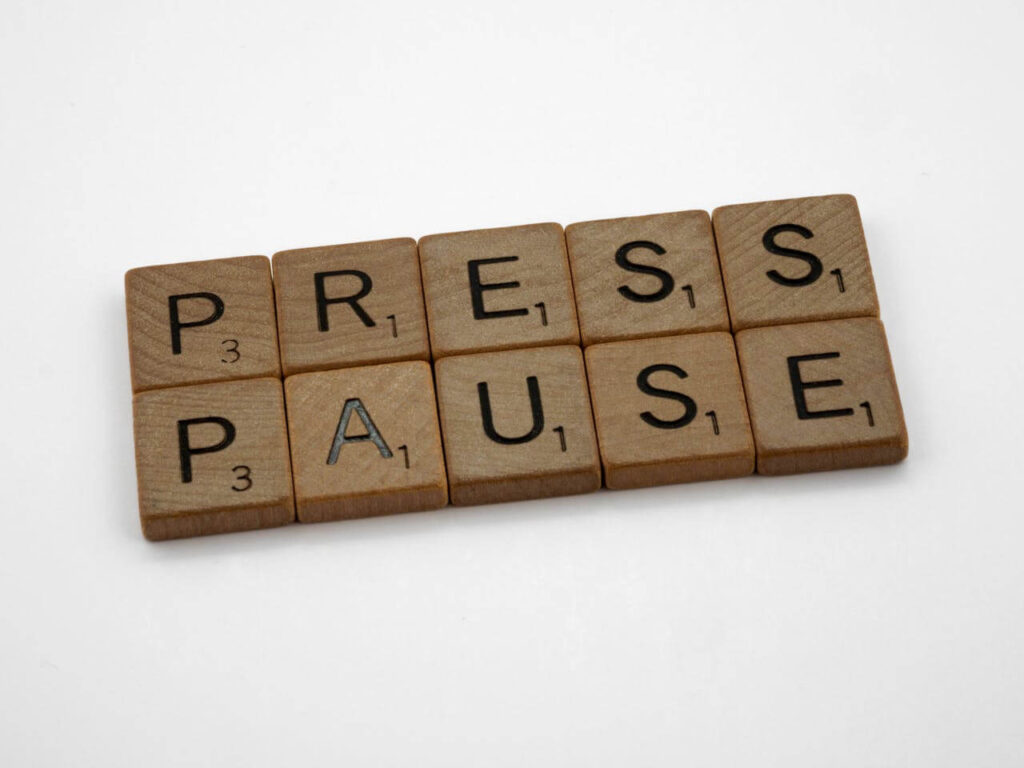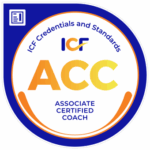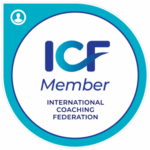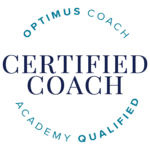In my work as a career coach, one of the most common challenges I see, especially among high-performing professionals, is the struggle to set boundaries and assert themselves at work. Whether it’s saying yes to every request, staying late to pick up the slack, or avoiding difficult conversations, the cost of not setting boundaries is real: burnout, resentment, and a loss of confidence.
But here’s the truth: boundaries aren’t barriers. They’re bridges to healthier relationships, better performance, and a more sustainable career.
Why Boundaries Matter
Boundaries are not about being difficult or uncooperative. They’re about protecting your time, energy, and values so that you can show up as your best self. When we fail to set boundaries, we often do so out of fear—fear of being seen as unhelpful, of disappointing others, or of missing out on opportunities.
But the irony is that without boundaries, we become less effective, less present, and less fulfilled.

Common Boundary-Setting Challenges
Here are a few patterns I often see in clients:
- Saying yes reflexively, without checking capacity
- Avoiding conflict or difficult conversations
- Feeling responsible for others’ emotions or reactions
- Believing that being a “team player” means being endlessly available
Sound familiar?
Coaching Questions to Reflect On
If you’re struggling to assert yourself or set boundaries, try reflecting on these questions:
- What does assertiveness mean to me—and what fears do I associate with it?
- Where in my work life do I feel overextended or resentful?
- What would change if I gave myself permission to say no?
- What’s one small boundary I could set this week?

Practical Strategies to Start Today
Here are a few simple but powerful ways to begin reclaiming your time and voice:
- Pause before saying yes: Give yourself space to assess whether a request aligns with your priorities.
- Use clear, respectful language: “I’m not available for that right now” is a complete sentence.
- Block time for deep work and recovery: Protect your calendar like you would a meeting with your CEO.
Practice assertiveness in low-stakes situations: Confidence builds with repetition.
Tools and Resources I Recommend
- Set Boundaries, Find Peace by Nedra Glover Tawwab – A compassionate guide to boundary-setting.
- TED Talk: How to Speak Up for Yourself by Adam Galinsky – Insightful and empowering.
- Try a boundary-mapping exercise: List your emotional, time, and workload boundaries—and where they’re being tested.
Final Thoughts
Setting boundaries isn’t selfish—it’s a form of self-respect. And when you respect yourself, others are more likely to follow suit. Assertiveness is a skill, not a personality trait. It can be learned, practiced, and strengthened over time.
If you’re ready to stop overcommitting and start leading with clarity and confidence, I’d love to support you on that journey.



